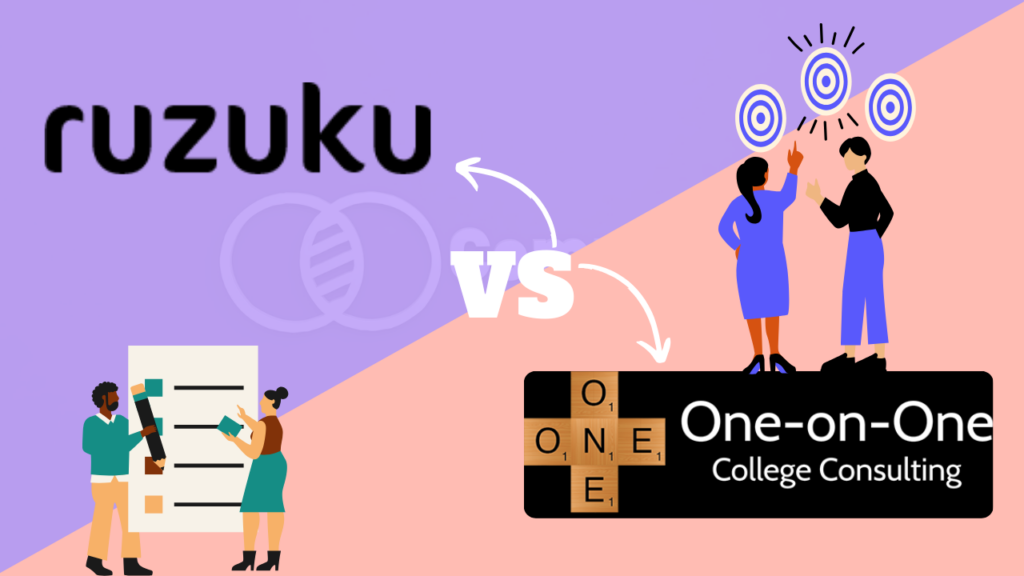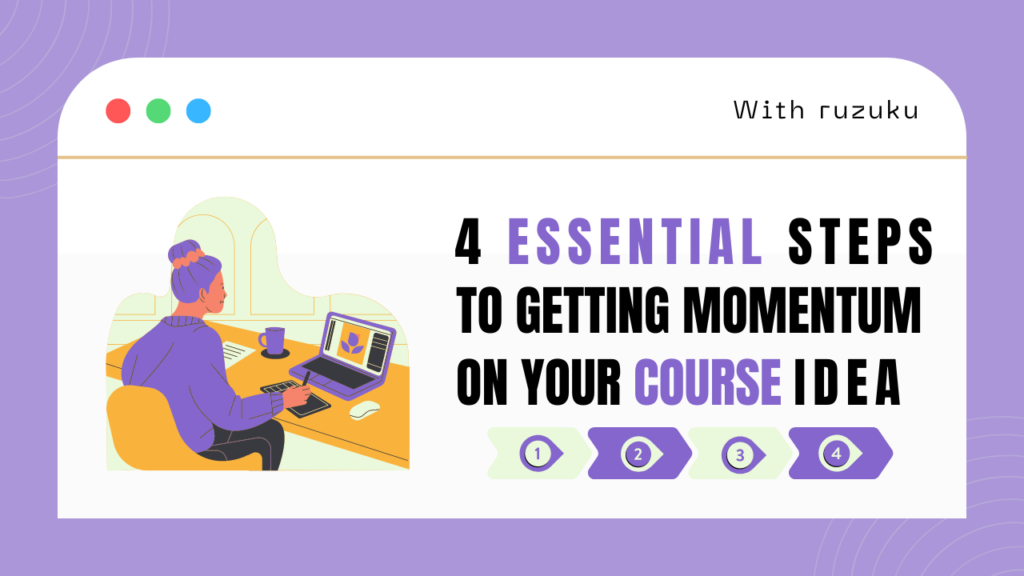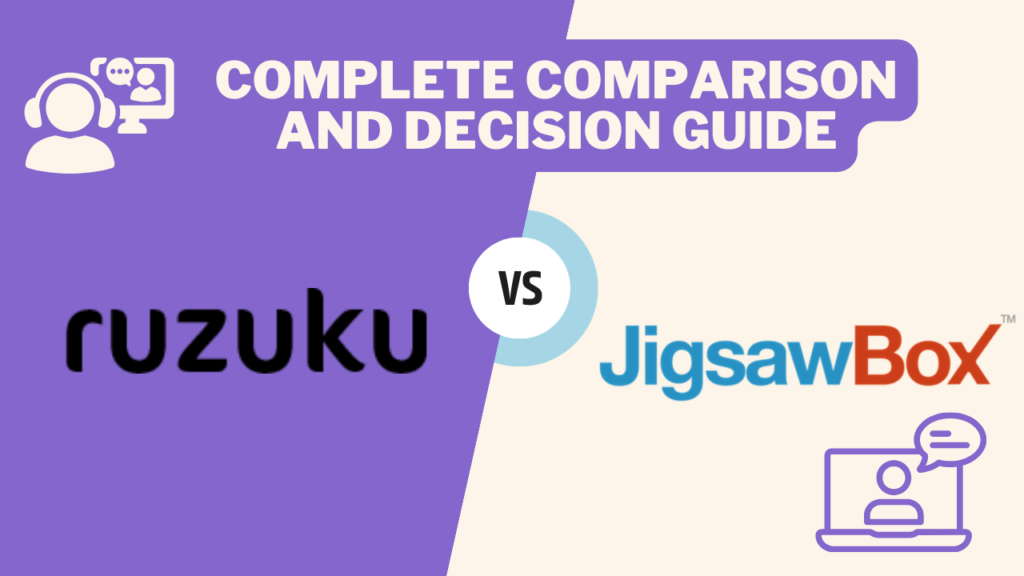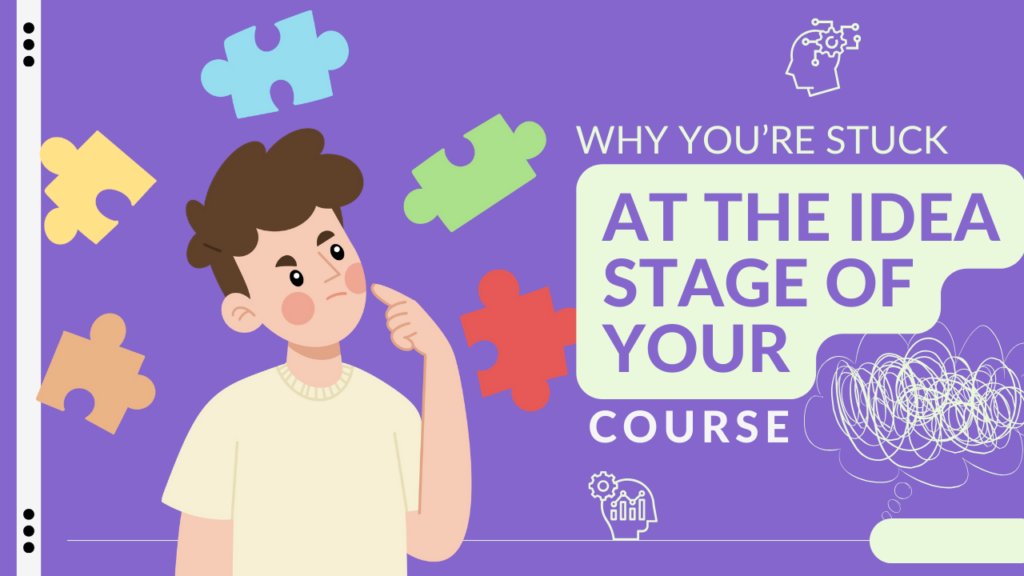Personal service works, but it never scales
One-on-one coaching is a great way for experts to connect with their clients, collaboratively develop strategies, and provide the accountability to implement those strategies. In the right context, coaching works. For example, in “Executive Coaching: It Works!”, published in Consulting Psychology Journal: Practice and Research, the authors write:
Outcomes of this empirical study demonstrated that executive coaching is an effective method of leadership development… Results indicated that executive change occurred in 5 areas: people management, relationships with managers, goal setting and prioritization, engagement and productivity, and dialogue and communication… The success of this coaching program also suggests that investment in well-designed and implemented programs can contribute to leadership development and the retention of talent.
Evidence also exists that shows life coaching can improve personal well-being and flourishing (see “The Evidence for Coaching”).
However, there’s no such thing as a free lunch. Experienced executive coaches typically charge hundreds of dollars per hour. (Whenever a service has the word “executive” in it, you know you’re in trouble when it comes to pricing!) A company might pay $5K – $10K for a rising executive to coach over a period of time. That puts the service out of reach for the vast majority of people seeking to improve their professional skills (such as relationship-building, productivity, etc…).
Life coaching is generally less expensive but still not cheap. While the sessions can be quite helpful for clarifying goals and identifying my next steps, at around $100/hour they started to add up quickly.
Also, if you’re an independent expert who focuses primarily on personal coaching, you’ve already seen the other side of the challenge: you can’t scale your own expertise. That makes it impossible for you to earn additional revenue without booking more clients or charging higher rates.
From personal to online; from individual to group
Ruzuku can help you expand your offerings in two ways. First, it helps you easily share ideas (through articles and video), assessments, and activities with your clients in a secure, private online community. Second, it helps you facilitate group coaching and learning to complement your existing one-on-one services.
For example, Dr. Lisa Chu, a life coach who specializes in helping physicians, nurses and other care providers, created Self-Care for the Caring Professional, a ruzuku-based course for her audience. This course provides participants with core ideas about self-care that Lisa would introduce clients to in one-on-one sessions. She provides activities to apply the ideas, as well as encouragement and coaching as participants try them out.
Creating an online learning community of this type can make good business sense for both you and your clients. For example, suppose you create a five-week course on ruzuku and charge $199 for access. If you have ten clients sign up, that’s $2K in revenue. If you spend two hours per week facilitating the community, that’s 10 hours of “coaching time,” or about $200/hour. But because each individual client is only paying $199, you can reach a larger audience than you could previously. In addition, once you’ve created your structure and content on ruzuku, you can easily run a course many times.
At ruzuku, we promised to respect our customer’s time by providing an effective learning platform that allows experts, coaches and instructors to scale their expertise. We’re here to make good on that promise.




